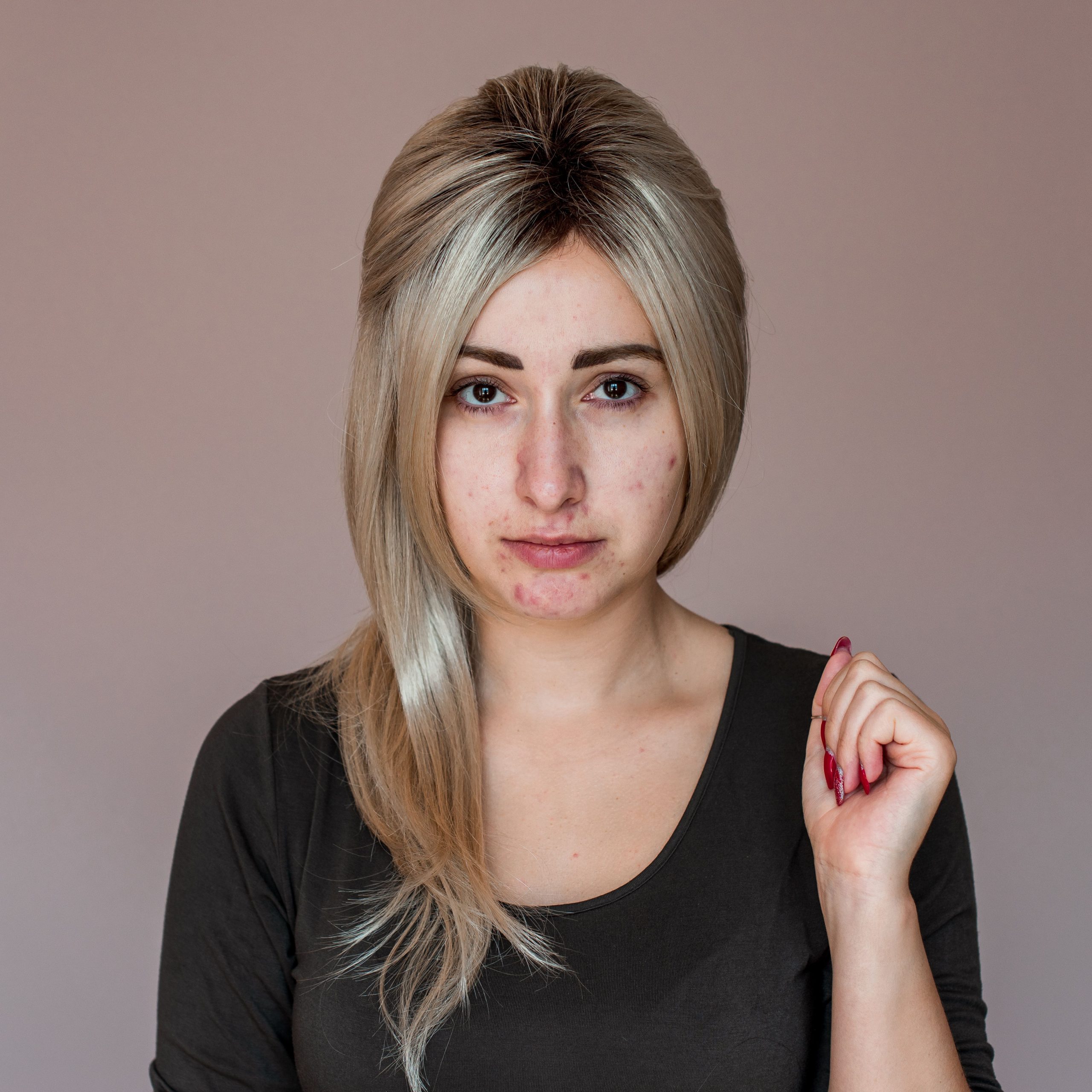Blood
Patients With Blood Type A had a Higher Incidence of Severe Acne
Investigators found a relationship between the incidence of acne vulgaris and ABO blood type when they evaluated 380 patients with mild or severe acne.1 When compared to the control group, patients with A blood type had a higher incidence of severe acne than mild acne.
T.Den_Team/AdobeStock
Patients seen between January 2019 and March 2022 at the Health Sciences University, Elazig Fethi Sekin City Hospital Dermatology Clinic in Turkey were included in the study. Patients were between 18 and 65 years old and had no dermatological comorbidity or systemic disease. Mild acne vulgaris was present in 263 patients and 117 patients had severe acne. The control group included 1000 individuals.
A chi-square test was used to evaluate the significance of differences between patient and control group gender and blood group type. The level of significance was determined as 99% (P < .01) and 95% (P < .05).
In the patient groups, 79.5% with mild acne and 74.4% with severe acne were female. In the control group, 40.5% were female. Patients with severe acne had a lower mean age (21.96 ± 3.85) than those with mild acne (24.43 ± 5.60) or the control group (27.22 ± 7.97).

When ABO blood types were analyzed, 38.8% of patients with mild acne were type A, 16% were type B, 12.9% were type AB, and 32.3% were type O. Among patients with severe acne, 51.3% were type A, 9.04% were type B, 10.3% were type AB, and 29% were type O. Of the control group, 40.4% were type A, 19.3% were type B, 7.5% were type AB, and 32.8% were type O.
According to Gürok, “When compared to the control group, the incidence of severe acne in individuals with type-A blood was higher when compared to mild acne patients, while the incidence of mild acne in other blood groups was higher when compared to the control group and severe acne patients.”
No significant difference was found between patient groups and the control group based on Rh blood type.
“ABO blood type isoantigens are expressed in the keratogenic regions of the skin layers and hair follicles. The expression of A blood type antigens, which was reported to be significantly higher in the present study, especially in severe acne patients, could contribute to the etiopathogenesis of acne vulgaris and alleviate acne severity via follicular hyperkeratinization.”1
Gürok suggests that further studies with larger samples sizes could confirm the findings.
Reference
- Gürok, NG. The correlation between ABO blood types and acne vulgaris severity. J Cosmet Dermatol. 2023;22:2318-2323. doi:10.1111/jocd.15698

